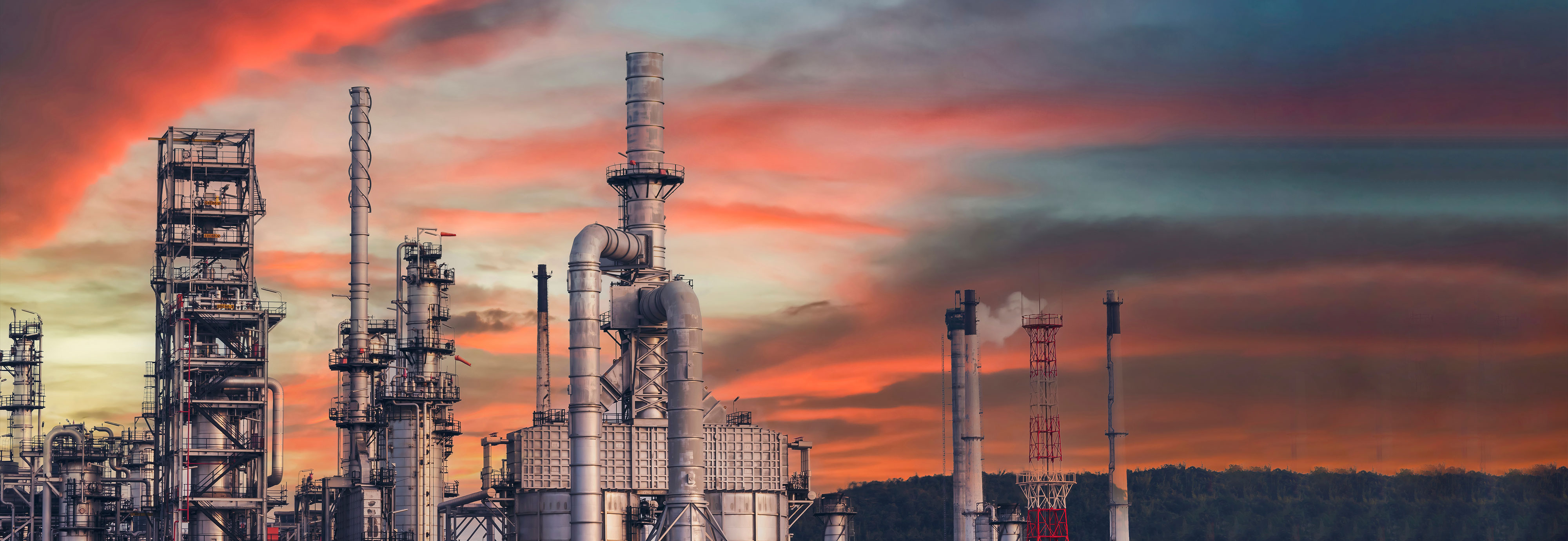Introduction: The oil and gas industry has one of the most complex and demanding supply chains in the world. Transporting liquid hydrocarbons—ranging from crude oil to refined products—requires specialized logistics solutions that ensure safety, efficiency, and environmental protection. Liquid logistics in the oil and gas sector demands high standards, precise operational protocols, and dedicated infrastructure to support the global energy market. Here, we look at how effective logistics solutions can meet the unique demands of this critical industry.
- Safety and Risk Management for High-Stakes Shipments
Oil and gas products are often volatile and classified as hazardous, requiring exceptional safety measures. From pipeline leaks to transportation spills, risk management is essential. Logistics providers specializing in oil and gas need to follow strict safety protocols, and they must use equipment, such as ISO tanks, that meet rigorous safety standards to minimize risks during transit.
Best Practice: Partner with logistics providers with proven safety records and protocols that are fully compliant with industry standards like the API (American Petroleum Institute) standards for transporting petroleum products. Ensure they conduct regular inspections and employ trained personnel for safe handling and transport.
- Addressing Environmental and Regulatory Compliance
Environmental protection is crucial in oil and gas logistics. Transporting oil products across borders involves compliance with numerous international regulations, including MARPOL (International Convention for the Prevention of Pollution from Ships) and CFR (Code of Federal Regulations) guidelines in the U.S. Oil spills and leaks not only damage the environment but also lead to significant fines and legal consequences.
Best Practice: Select logistics providers that prioritize environmental safety and adhere to international regulations for oil and gas transport. Reusable and spill-resistant ISO tanks are ideal for reducing environmental impact, and choosing providers with stringent environmental management practices can help meet sustainability goals.
- Supply Chain Efficiency for Time-Sensitive Operations
The oil and gas industry often operates in remote locations, creating unique logistical challenges. Efficient supply chain solutions are essential to meet tight schedules, as delays can lead to costly production downtime. By using route optimization technology, real-time tracking, and strategically located storage facilities, logistics providers can ensure timely and efficient delivery.
Best Practice: Choose logistics providers who understand the unique demands of the oil and gas sector and offer route optimization and fleet tracking to enhance operational efficiency and prevent costly delays.
- Secure Transport and Asset Protection
Protecting valuable assets is critical in the oil and gas industry, where products are not only high-value but also essential to production timelines. Advanced security measures, such as GPS tracking and secure, tamper-proof ISO tanks, help prevent product theft or tampering during transit. Additionally, choosing tanks that are corrosion-resistant and compatible with hydrocarbons reduces the risk of contamination.
Best Practice: Ensure your logistics provider offers ISO tanks designed for oil and gas products, equipped with robust security features like real-time GPS tracking and tamper-proof seals.
- Leveraging Technology for Predictive Maintenance and Reduced Downtime
Unplanned equipment downtime can halt operations and cause significant losses in the oil and gas industry. Predictive maintenance, powered by IoT and data analytics, enables logistics providers to monitor tank and fleet conditions in real time, identifying potential issues before they become major problems. This approach reduces the risk of equipment failure and ensures a reliable supply chain.
Best Practice: Opt for logistics providers that use predictive maintenance technology to minimize downtime, enhance tank durability, and ensure seamless operations in demanding environments.
Conclusion
The oil and gas industry’s reliance on safe, efficient, and compliant logistics solutions is critical to keeping the global energy market moving. By working with a logistics provider that understands the industry’s unique challenges, companies can ensure product integrity, safety, and regulatory compliance while optimizing their supply chains.
BOLT’s state-of-the-art ISO tanks and technology-driven solutions are tailored to meet the high standards of the oil and gas industry. From compliance to asset protection, we provide reliable liquid logistics solutions that empower companies to transport hydrocarbons with confidence. Reach out to BOLT to learn more about our specialized logistics for the oil and gas sector.

